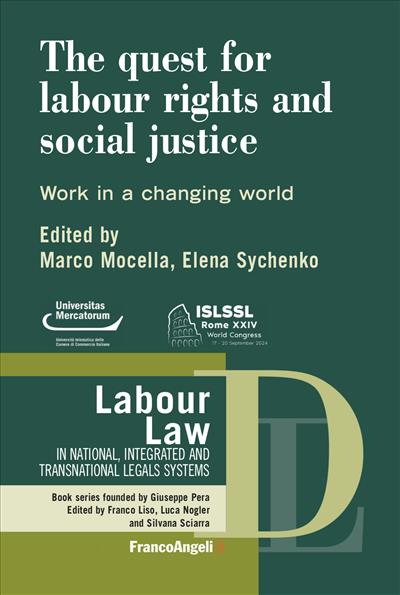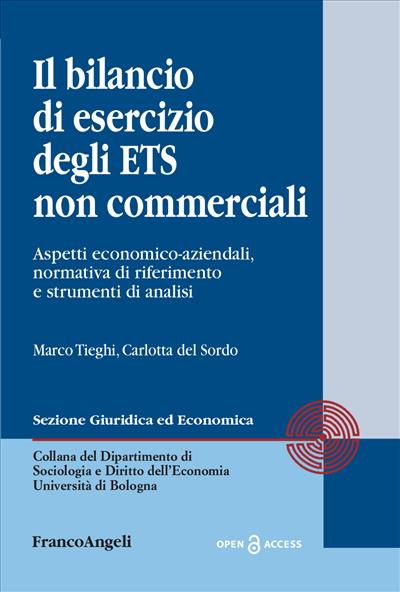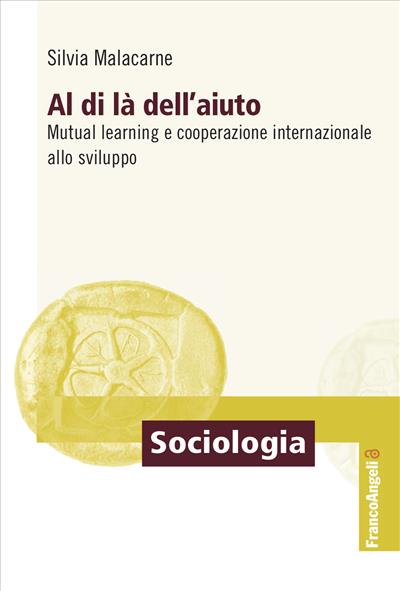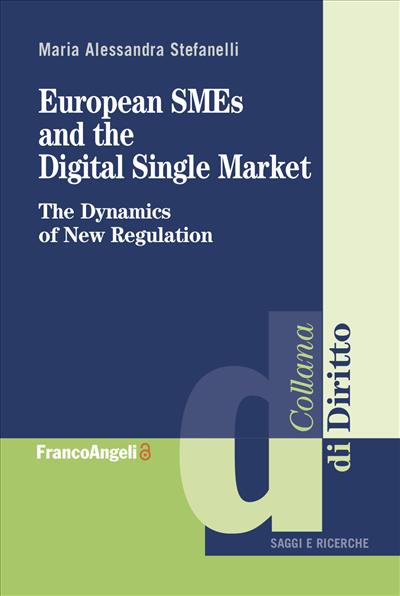
A cura di: Marco Mocella, Elena Sychenko
The quest for labour rights and social justice
Work in a changing world
Covid, wars and political crises suffered by different countries had a strong impact on the world of work. Digitalization and globalization are the factors which still reshape regulations. The World Congress in Rome has set the objective to discuss those trends within five broad topics covering both individual and collective labour and the social security issues.
Open Access
Open Access
Pagine: 354
ISBN: 9788835167532
Edizione:1a edizione 2024
Codice editore: 10300.3
Informazioni sugli open access




